Marine plastic litter
The Forum’s working group, Mar Patagónico Limpio, participated in the webinar “Marine plastic litter: impacts and solutions”.
read more© WCS Chile
A set of harmonized measures in the regional context is required.
We focus our efforts on:
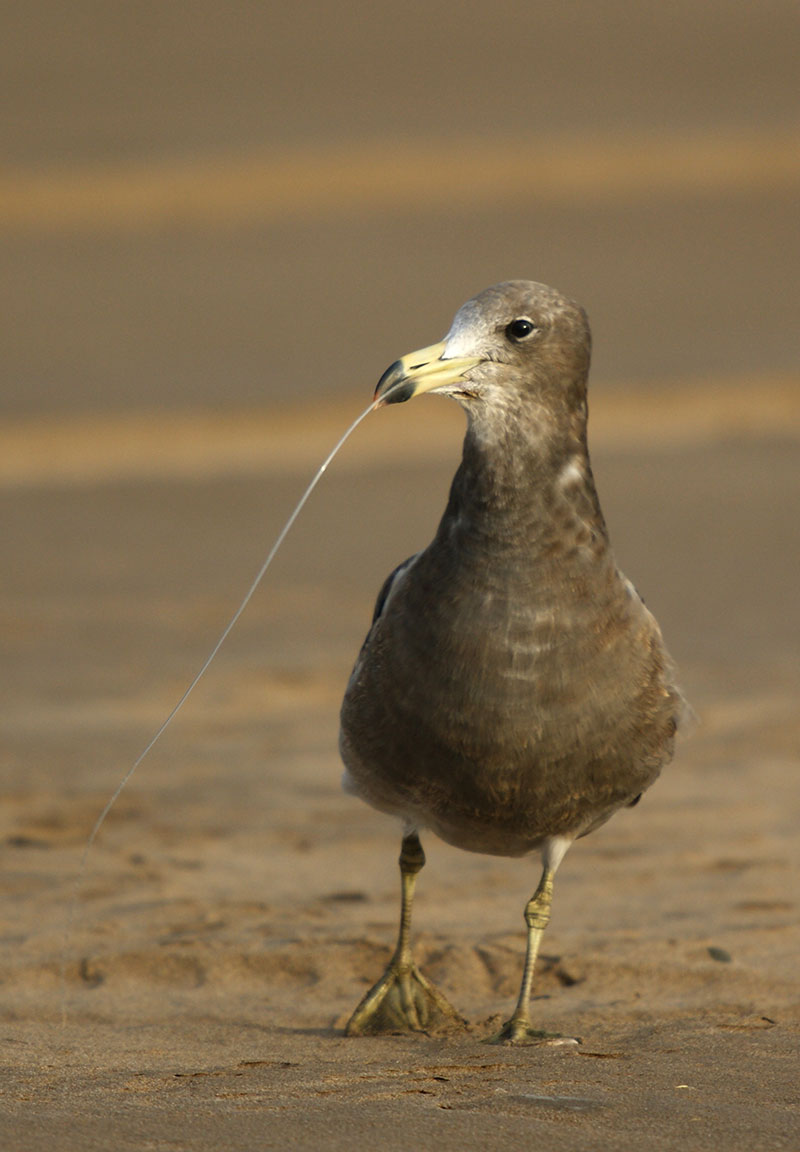

© Doumecq Milieu / © Aves Argentinas
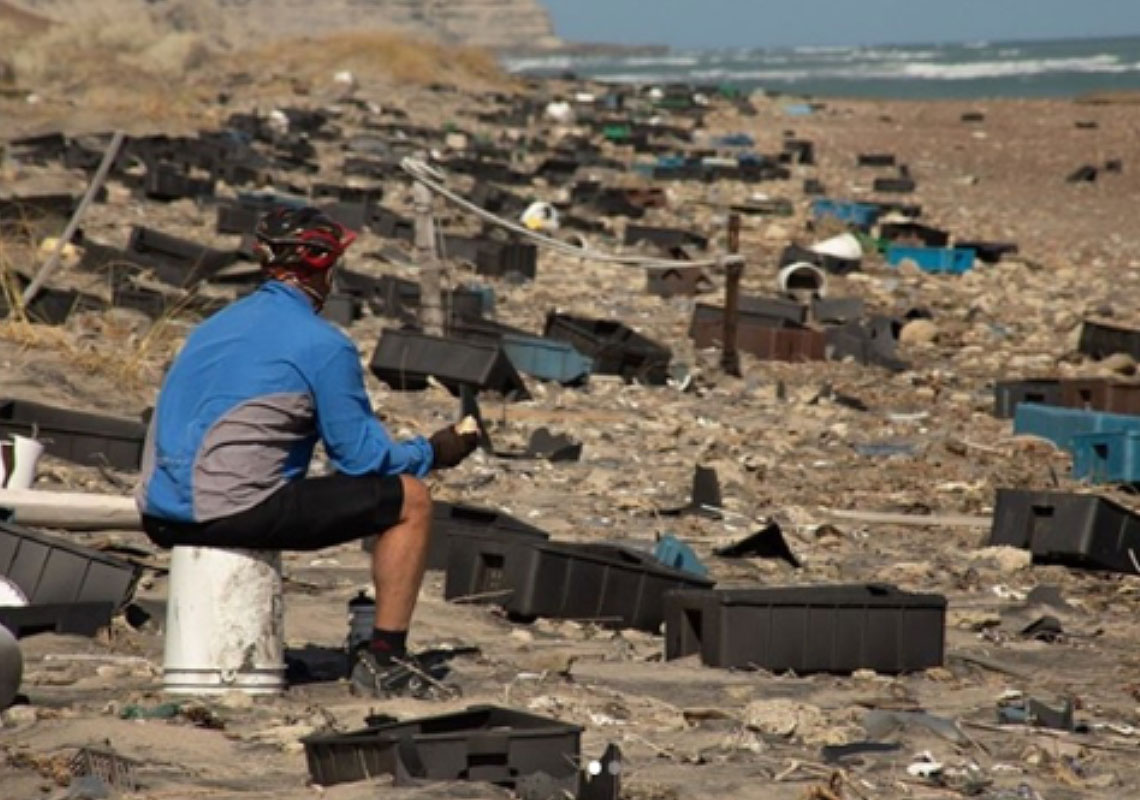
© Lisandro Crespo
Globally, around 20% of marine litter sources originate at the sea. In the case of fisheries, marine plastics come from abandoned, lost or otherwise discarded fishing gear and the mismanagement of vessels´ waste. The amount of plastic debris discarded by the commercial fishing industry has doubled over the last 50 years (from 340,000 tons to 640,000 tons annually).
Plastic debris travel considerable distances, have a medium to long term persistence and can accumulate far from its point of production.
The most commonly documented impacts of plastic pollution stem from entanglement and ingestion of macroplastic debris. Marine vertebrate species -especially turtles, birds and mammals- ingest plastic debris, which causes malnutrition, muscular problems, disease and increased mortality of certain species. Other species -such as birds, sea lions, fish, turtles and cetaceans- are entangled by plastic debris, causing severe injuries and deaths. Marine debris may also affect the structure and composition of the benthos communities developing on soft and hard substrata.
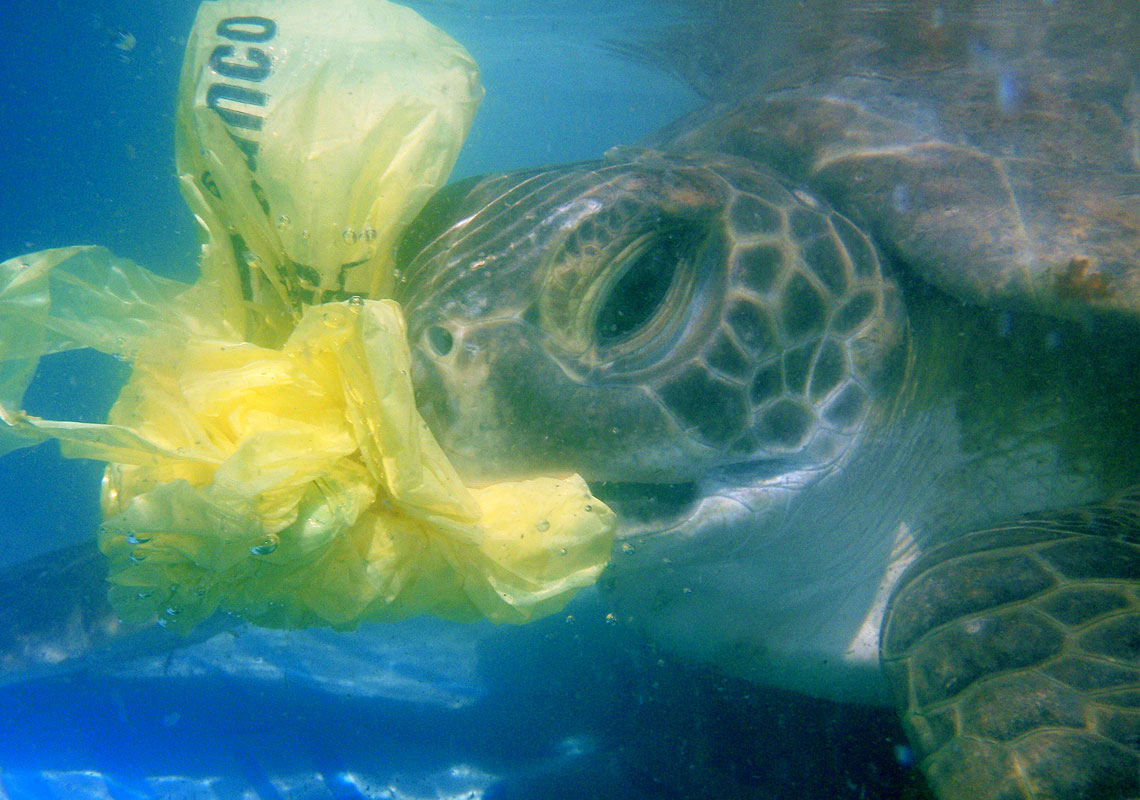
© Karumbé Uruguay
Regardless of its source, debris is introduced into the marine ecosystem given that its management and disposal are improperly accomplished, and by accidental loss and natural catastrophes.
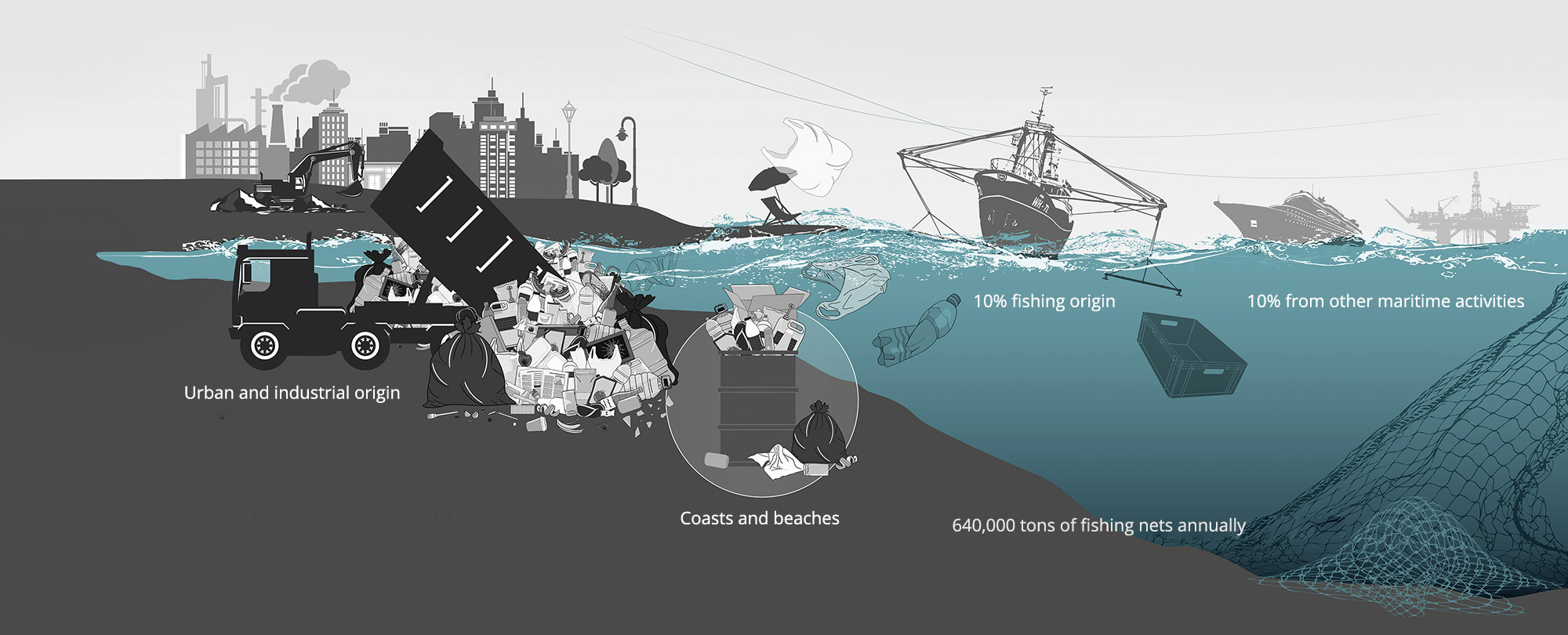
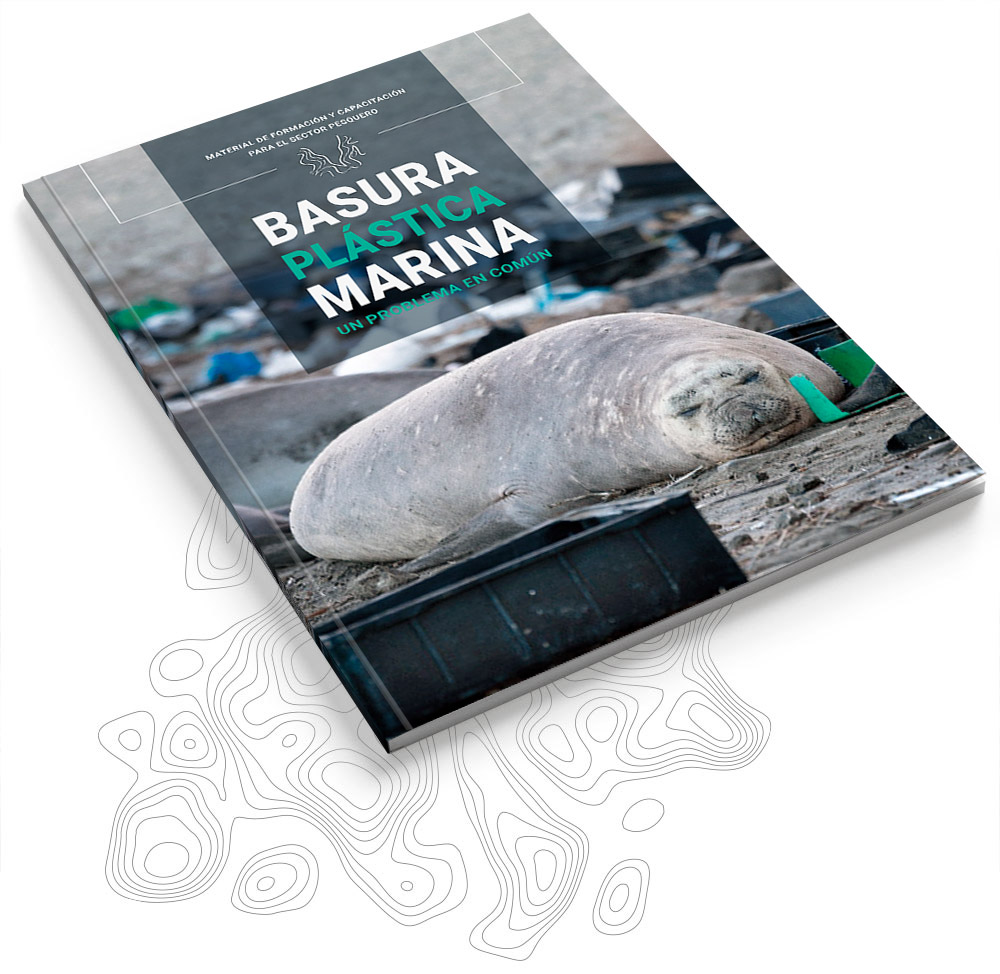
This document is intended to support training and educational activities, raise awareness and strengthen the knowledge of fishing personnel, and encourage the adoption of good practices for the management of plastic waste on fishing vessels and in ports, thereby reducing and preventing the impacts of plastic marine debris on marine biodiversity.
The manual summarizes, in a pleasant language, a highly complex environmental issue that requires immediate dialogue and interaction among the various stakeholders.
Organized by:


Coordinated by:


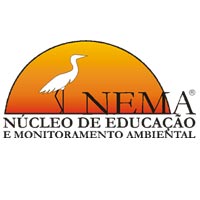
The Forum’s working group, Mar Patagónico Limpio, participated in the webinar “Marine plastic litter: impacts and solutions”.
read more